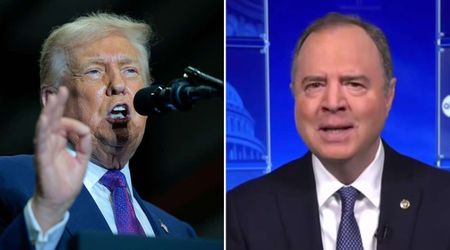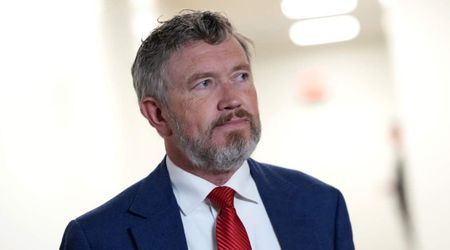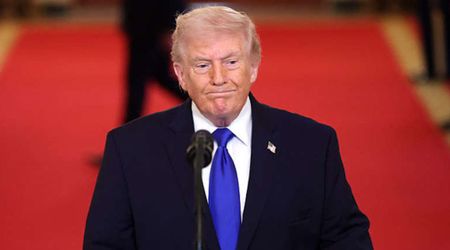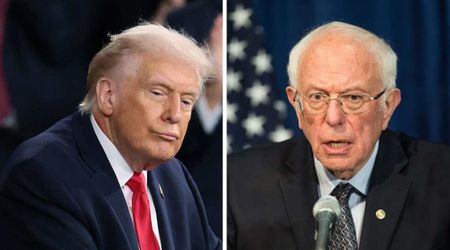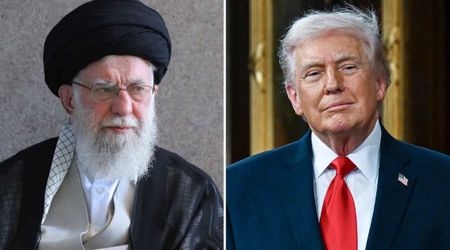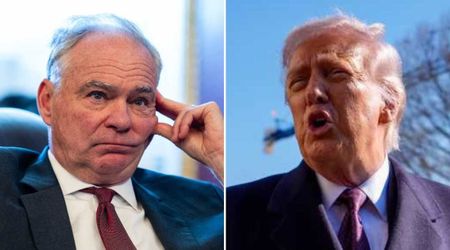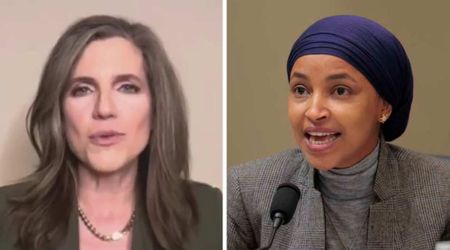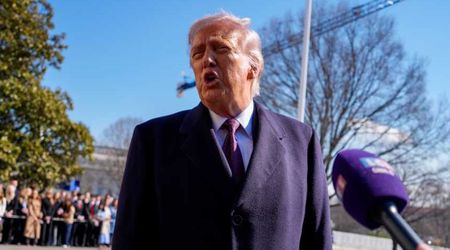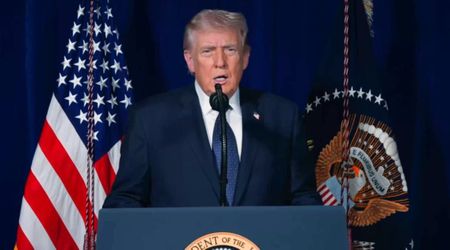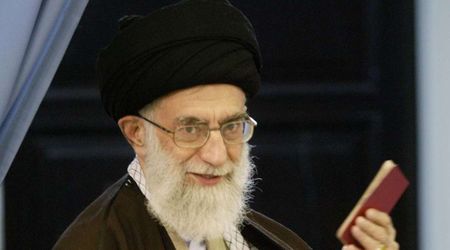Donald Trump’s hush money trial: 5 things we learned from opening statements and first witness
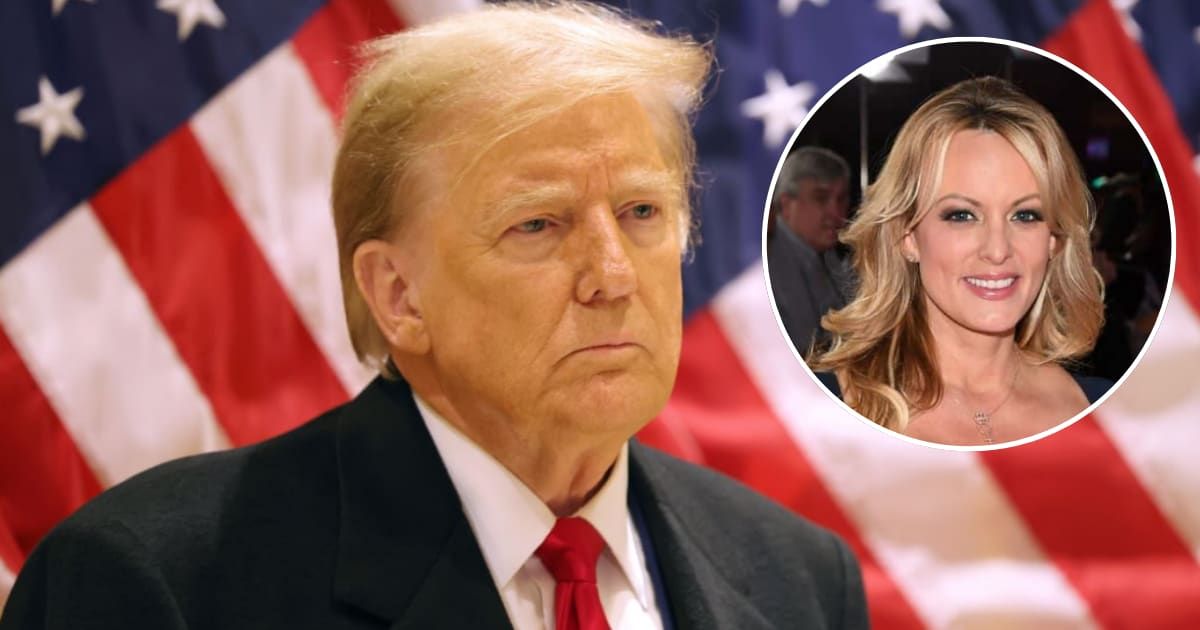
Donald Trump's hush money trial: 5 takeaways from Monday's opening statements and first witness

On April 22, Monday, the prosecution and defense delivered their opening statements in the trial of former President Donald Trump's hush money criminal case. The trial, which may last for six weeks or more, involves the allegation that the former POTUS falsified business records to conceal his payment to adult film star Stormy Daniels, to silence her from disclosing their alleged affair in the lead-up to the 2016 presidential election. The trial’s first day provided an initial glimpse into the strategies employed by both parties. It also featured the testimony of David Pecker, the former publisher of the National Enquirer. Here are 5 things we discovered throughout the case's opening day of testimony.
1. Jurors still feel uneasy

The trial of the year, which involves defendant Donald J Trump, the 45th President of the United States of America with his rabid following, has raised concerns among the selected jurors. Judge Juan Merchan reported that juror nine contacted the court last week expressing concerns about the level of media attention, “and isn't 100 percent sure they wanted to be here today". This prompted the judge to convene a meeting with the defense and prosecution to discuss the issue with the juror. After deliberation, the juror decided to proceed with the trial. However, one juror had previously dropped out last week after being selected and sworn in. This issue may arise again during the trial, and it is important to address it appropriately. The concerns jurors have about media attention highlight the need to ensure that jurors are not subjected to undue influences that may impact their ability to make impartial decisions.
2. Prosecutors focused on events preceding 2016 general election

The case at hand pertains to the illicit hush money payments made to adult film star Stormy Daniels and the fabricated business documents then recorded in the Trump Organization’s New York operations. The Manhattan District Attorney's office put forth on Monday morning that the matter is, in fact, centered around the deliberate concealment of relevant information from voters just before the polls opened in November 2016. “This case is about a criminal conspiracy and fraud,” claimed Manhattan Prosecutor Matthew Colangelo. “The defendant, Donald Trump, orchestrated a criminal scheme to corrupt the 2016 presidential election. Then he covered up that conspiracy by lying in his New York business records, over and over and over again.”
3. MAGA strongman didn’t retaliate in unhinged fury

During Monday’s hearing, the 2024 presumptive Republican nominee, Donald Trump, remained still and seated as he heeded the charges brought against him. When the jury's attention was on Colangelo, the former President avoided eye contact and kept his gaze forward, his posture slightly slumped. He was compelled to review the transcript of the 'Access Hollywood' tape, which captured him on a hot mic making crude remarks about women and boasting about his ability to "Grab 'em by the p****" and "do anything". Despite his accustomed confidence in directing the atmosphere of any given room he enters, he could only shake his head when the prosecutor implored the jury to weigh the evidence and return a guilty verdict.
4. Defense’s ‘so what’ argument

Former President Donald Trump’s legal team employed multiple defense strategies during Monday's proceedings. It attempted to discredit key witnesses and provided the basis for the notion that any hush money payments were unrelated to the 2016 presidential election. Nevertheless, the team's lead attorney, Todd Blanche, also introduced a "so what" defense. “I have a spoiler alert,” Blanche told the court. “There's nothing wrong with trying to influence an election. It's called democracy.”
5. All eyes on David Pecker’s testimony

David Pecker, the former owner of the National Enquirer, testified for a brief period of approximately 20 minutes. His testimony revealed his involvement in the "catch and kill" scheme, which involved buying and suppressing damaging stories about Donald Trump. Pecker identified four phone lines and two email addresses, one for general messages and the other for sensitive information, the latter of which was operated by his assistants. These details are crucial in identifying his communications with Trump and his aides, which may come into evidence shortly. It is important to have a clear understanding of the phone numbers and email addresses that belong to him, as they might provide valuable insight into the events leading up to the subsequent ruling of the criminal case in question.

